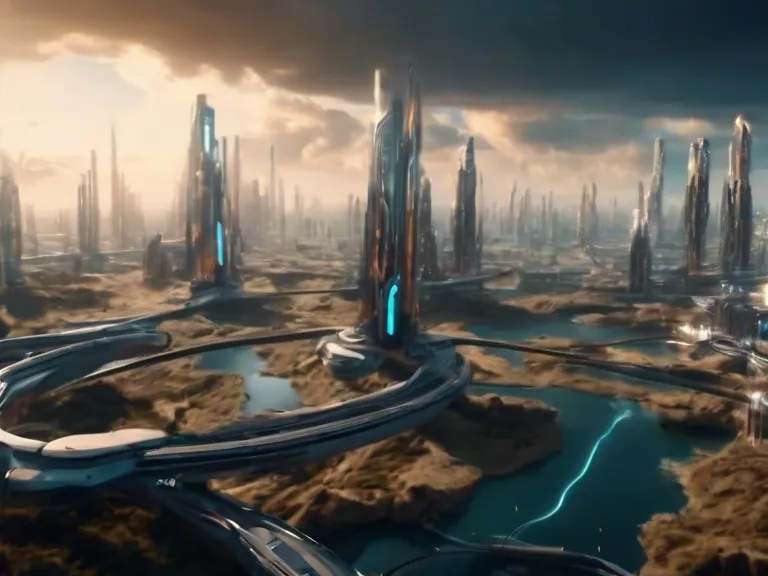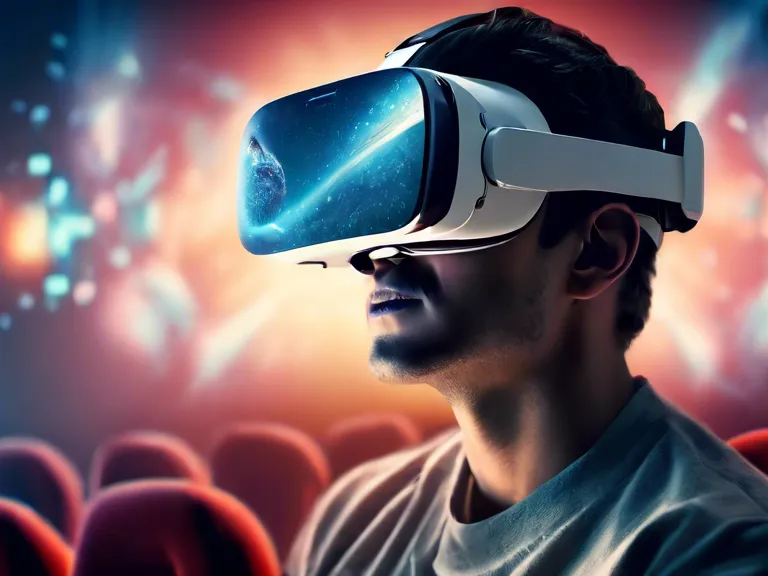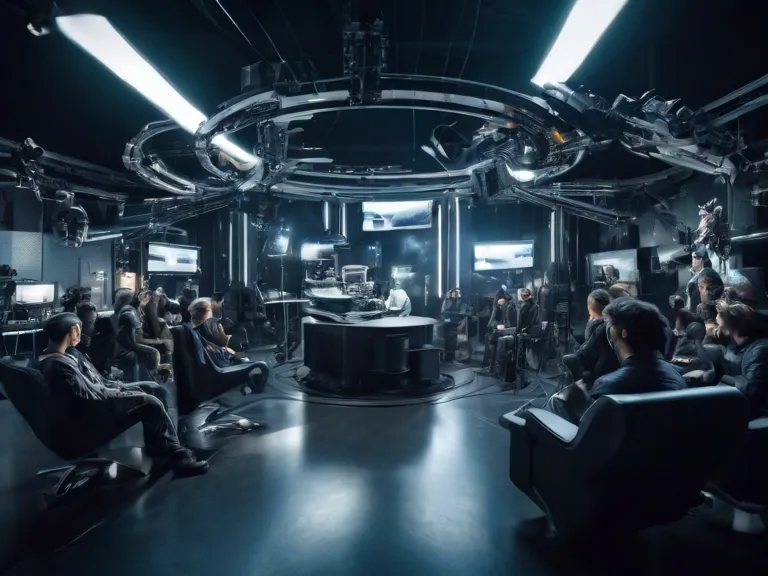
Technological Innovations Shaping Future Cinematic Landscapes
As technology continues to advance at a rapid pace, the world of cinema is evolving along with it. From virtual reality experiences to AI-powered filmmaking, technological innovations are shaping the future of how we consume and create films. In this article, we will explore some of the key technological trends that are revolutionizing the cinematic landscape and what we can expect to see in the future of film.
One of the most significant technological advancements in cinema is the rise of virtual reality. VR technology allows viewers to immerse themselves in a 360-degree environment, blurring the lines between reality and fiction. Filmmakers are now using VR to create interactive experiences that transport audiences into the heart of the story, providing a new way to engage with narratives.
Another game-changing innovation is the use of artificial intelligence in film production. AI technology can be used to analyze scripts, predict audience preferences, and even create CGI characters. This not only streamlines the filmmaking process but also opens up new creative possibilities for filmmakers.
In addition to VR and AI, advancements in camera technology have also had a major impact on the cinematic landscape. High-resolution cameras and drones have allowed filmmakers to capture stunning visuals and breathtaking aerial shots that were previously impossible to achieve. These technological tools have expanded the scope of storytelling, allowing filmmakers to create visually captivating narratives.
Furthermore, the rise of streaming services like Netflix and Amazon Prime has transformed how films are distributed and consumed. These platforms have democratized filmmaking, making it easier for independent filmmakers to reach a global audience. As streaming services continue to grow in popularity, traditional cinema experiences may undergo further changes in the future.
In conclusion, technological innovations are reshaping the future of cinema in groundbreaking ways. From virtual reality experiences to AI-powered filmmaking, these advancements are creating new opportunities for filmmakers and audiences alike. As we embrace these technological developments, the cinematic landscape is sure to continue evolving in exciting and unexpected ways.



